I thought if you want to track the files you should git add [files you want to track]
I don't know why I got the messages Changes not staged for commit.
If those files were not staged, shouldn't git shows me those files were Untracked like that

All I've done was create a new feature from develop branch and worked in feature/change_excel_format branch
I thought Those files should be in staged status,
But git status told me Changes not staged for commit

To brief,
I only know there are 3 stages in git untracked, staged, committed
Can any one tell me , what was the stage in for Changes not staged for commit

So if I modified the file a (already in the repo)
and type git st , the git will tell me Changes not staged for commit
if I git a then the file a will be in staged status
if I modified the file a now, there will be two status of file a in git, right ?
So I have to decide if make the staged a be commit or make the not stage a to be staged,
and then the previous staged file awill be discard ?
